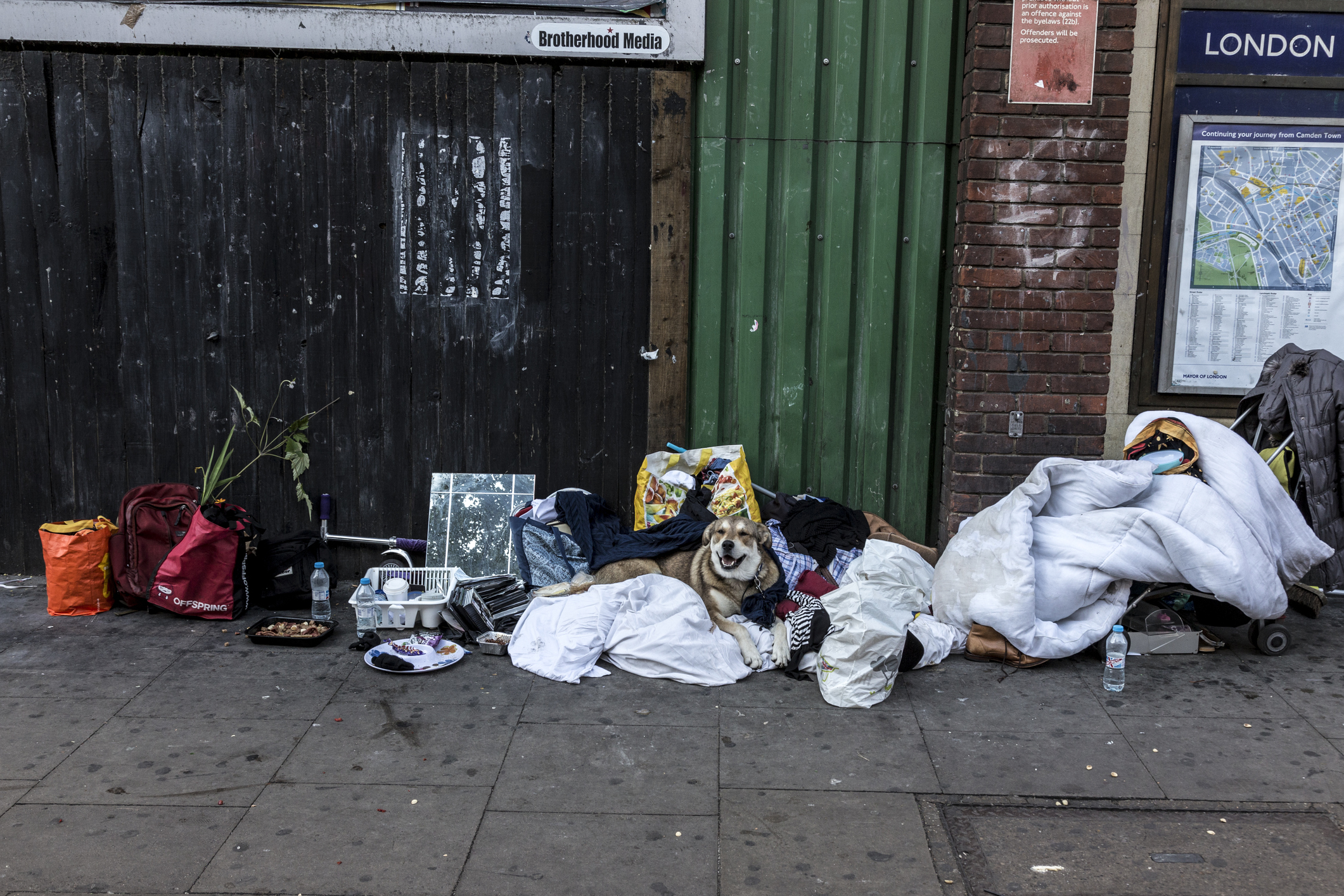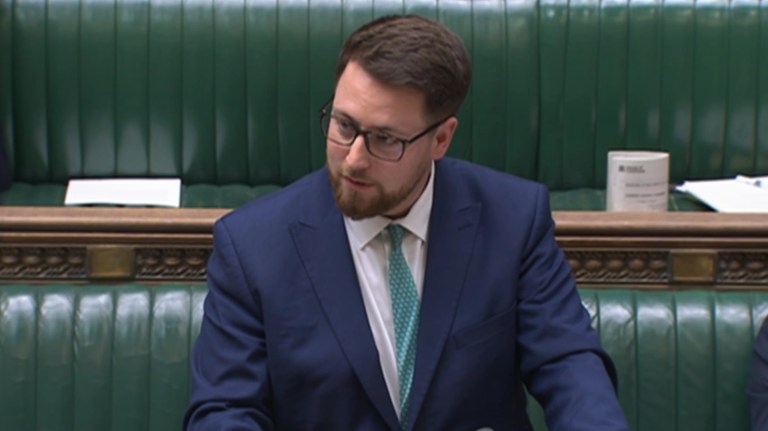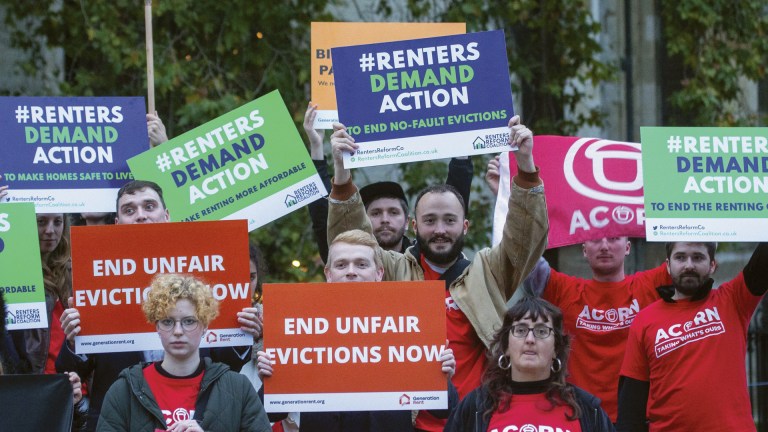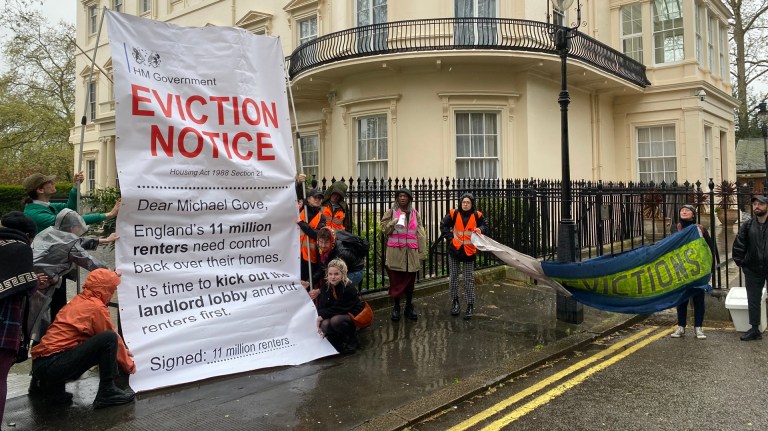Council funding cuts
Cuts to local council funding from Central Government have been deep and hugely significant. For example, since 2010, during a time of rising homelessness, Camden Council’s budget has been halved.
According to The Big Issue’s founder Lord John Bird: “Governments need to gets serious about taking long-term measures to prevent poverty. That means stopping the brutal cuts to local councils’ budgets, which lead to more and more people slipping through the cracks in the system.
Welfare changes will have an effect, but it’s not been as brutal as turning off the taps to local councils.
The lack of funding has knock-on effects. For example, the reduction in hostel places available leads to increasingly strict assessments of who qualifies as “priority need” when it comes to housing. And more and more people in genuine need are not meeting the criteria.
Mental health cuts
John Bird is among those to have raised the issue of cuts to mental health provision – and the effect of this on homeless people. With a huge 42 percent cut to the Focus Homeless Outreach team – a group of doctors and nurses administering specialist mental health care to homeless people in Camden – set to further impact the ability of local services to help rough sleepers from next month according to leaked documents from Camden NHS Clinical Commissioning Group, this is creating a perfect storm in the area.
Light Touch approach
According to the National Audit Office, our current government has approached homelessness very differently to previous administrations. And this “light touch” has not stemmed the rise in rough sleeping on their watch.
“Although the Department is responsible for tackling homelessness, during its increase, the Department took a light touch approach to working with local authorities,” said the NAO. “This contrasts with the more interventionist approach that it has taken during previous periods of high homelessness. Although the Department requires each local authority to have a homelessness strategy, it does not monitor their content or their progress.”
In 2015, at the time of The Big Issue’s 25th Anniversary, Prime Minister Theresa May pledged a new £40 million package to prevent and tackle the issue of homelessness. “The social problems The Big Issue tackles so courageously will be at the very heart of my government,” she promised. “I believe in the power of prevention.”
However, as The Big Issue wrote in our alternative Spring Statement last week: “the government is yet to really show how it is working to dismantle the root causes of poverty…”
Housing crisis
The lack of social housing and the huge disparity between increases in housing costs compared to wages means long-term, secure housing is harder to find than at any point in recent memory.
Make no mistake, the housing crisis is a declared state of emergency
A shortage of homes for social rent (typically around 50 percent of market rent) has been exacerbated by a decrease in the number of government-funded houses built for social rent – from 36,700 in 2010-11 to 1,102 in 2016-17.
“Make no mistake, the housing crisis is a declared state of emergency. Only a powerful Department of Housing, with an unwavering Secretary of State, would keep house-building at the top of the Cabinet’s agenda,” according to John Bird.
The recent Spring Statement did not lift the gloom. Melanie Rees, head of policy for the Chartered Institute of Housing, pointed to the lack of affordable new homes (up to 80% of market value) being built.
She said: “At present just 21 percent of funding earmarked for housing until 2021 will directly fund affordable housing. This simply does not reflect the balance of housing need across the country.”
Universal Credit
By almost any measure, the roll out of Universal Credit has been disastrous. While the aim, of simplifying the benefits system, may be noble, the botched execution has lead, directly, to an increase in homelessness.
By paying the housing component directly to tenants and not landlords, Universal Credit also increases the likelihood of renters falling into arrears. Pressure from across the political spectrum has lead to the government vowing to reduce the six-week waiting time for claimants to five weeks. However, as Shelagh O’Connor, CEO of New Horizon Youth Centre – a day centre for young homeless people in London – told us recently: “We still see young people who aren’t getting payment for five or six months. Months. Not weeks. These are administrative issues that are having a really detrimental effect on the lives of young people.”
Austerity
Cuts to mental health provisions, local council homelessness support services, youth services, NHS funding, welfare support, housing benefits for under 25s, the failure of investment in social and affordable housing leading to a critical shortfall in supply, and wages not rising in line with inflation (let alone housing costs) are all factors in the rise of rough sleeping. These factors intersect with disastrous effect for some people.
What links all of them is austerity. In the words of John Bird: “The cost of austerity is unsustainable.”
Big Issue vendors are back!
It’s not just the shops that are opening again. From Monday 12th April onwards, Big Issue vendors are back in business, with a big smile and a stack of magazines. Buy from your local vendor today!
Find out more 








